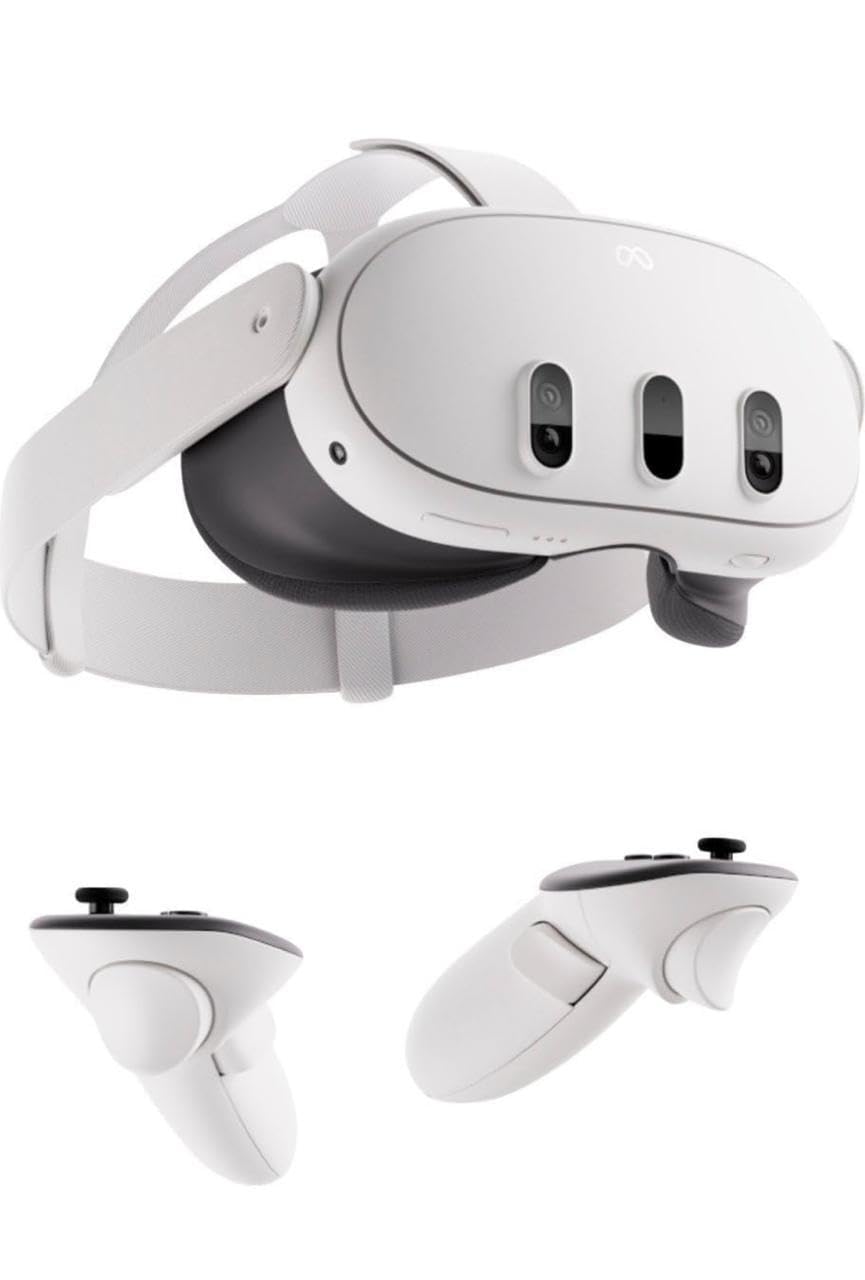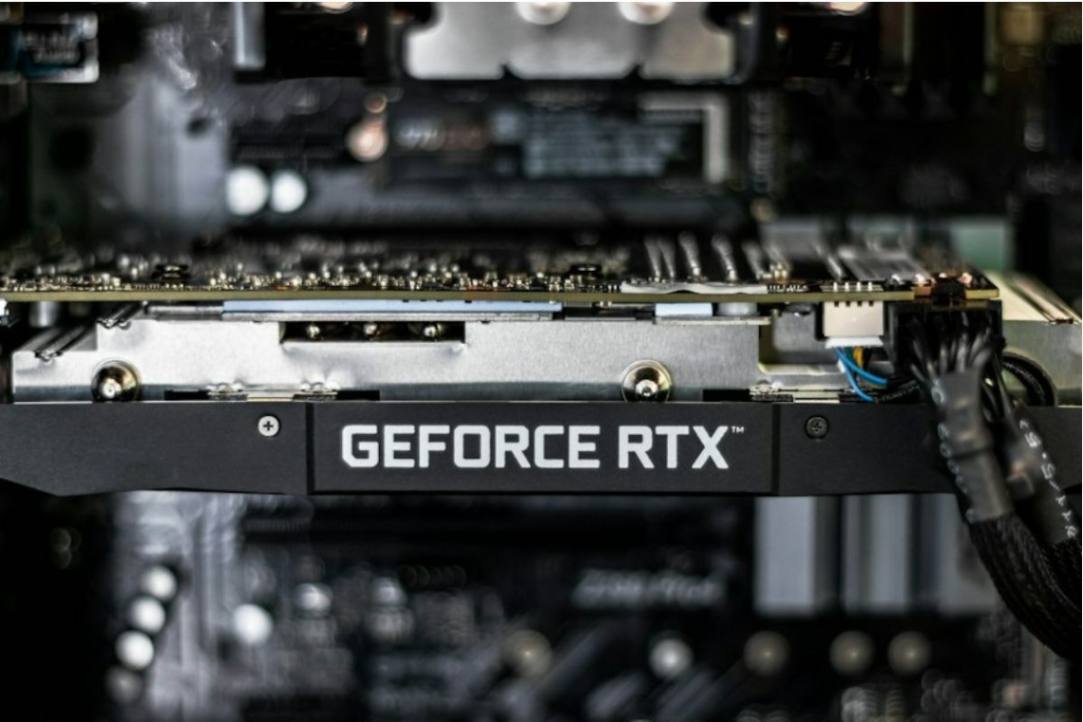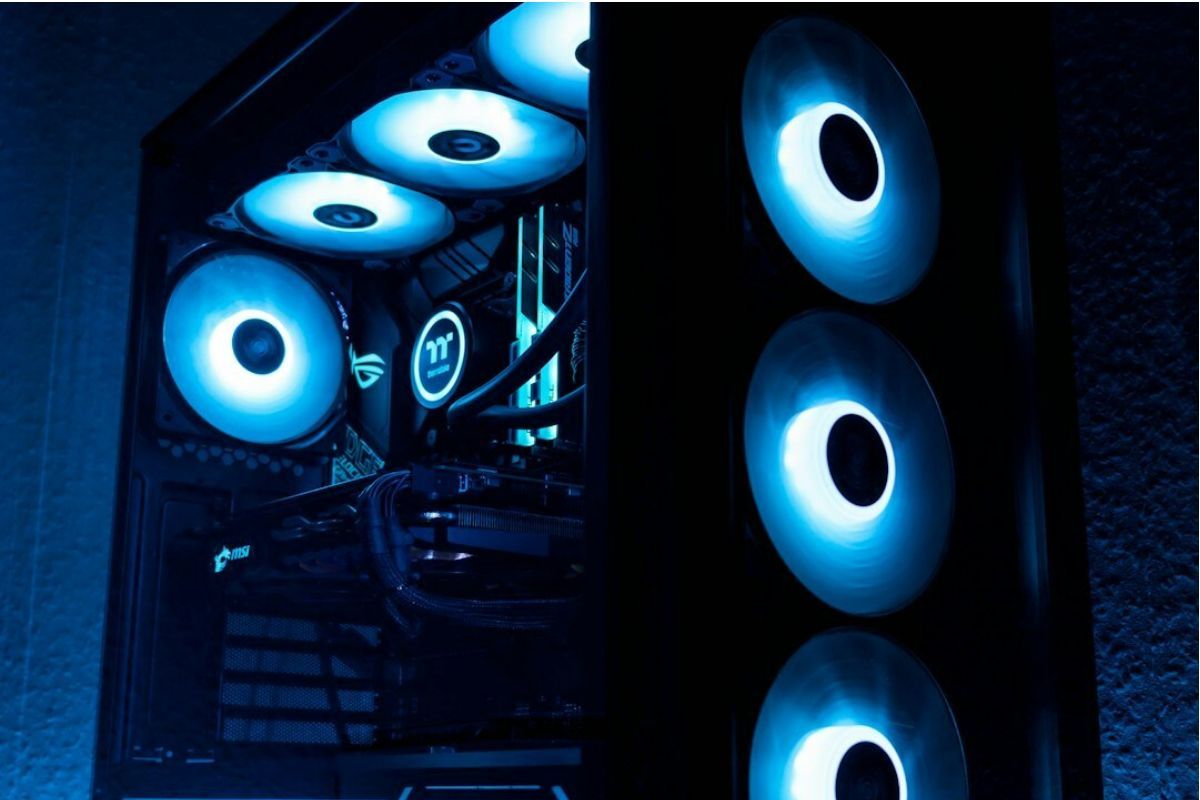Literal Labs, a company operating in the AI space, is set to revolutionize artificial intelligence with the introduction of the Tsetlin machine. This groundbreaking technology is claimed to be up to 10000 times more energy-efficient and up to 1000 times faster than traditional GPU training methods, giving it a significant edge in the AI training landscape.
Named after Soviet mathematician Michael Lvovitch Tsetlin, the Tsetlin machine operates as a pattern learning automaton based on propositional logic. This unique approach allows it to perform tasks such as classification, regression, and convolution, while also producing interpretable and explainable results. Unlike neural networks, the Tsetlin Machine boasts lower computational complexity, uses fewer resources, and does not suffer from local optima or vanishing gradients.
Literal Labs, formerly known as Mignon Technologies Ltd., was founded by Professor Alex Yakovlev and Rishad Shafik, both from the University of Newcastle. The company’s focus lies in developing and training Tsetlin machine models specific to customer datasets, resulting in optimized machine models deployable onto target hardware. Recent reports indicate the recruitment of industry veterans Noel Hurley, former vice president at processor IP licensor Arm, as the CEO of Literal Labs, and Jem Davies, who led the graphics and AI business groups at Arm, as a non-executive director.
The company’s business model has not been fully disclosed, but it is speculated that Literal Labs could potentially license software and hardware IP or sell its own chiplets or packaged ICs as a fabless chip company. The success of the startup will depend on proving the efficiency of Tsetlin machines in performing various tasks.
With the recruitment of Hurley and Davies, Literal Labs appears to be moving closer to commercial conversations, indicating a promising future for the Tseltin machine and the company as a whole.




